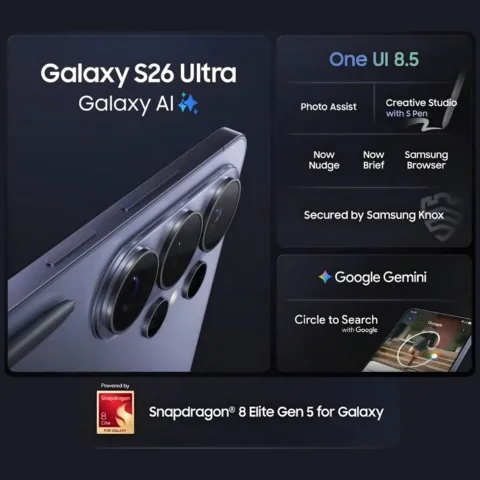 Apparently, Indonesia is famous not only for the huge portion of mobile market, but also for anything social, e-commerce and games. Lots of people been showing interest with e-commerce in Indonesia, last year was the year of Indonesian e-commerce with more than 20 e-commerce companies launched. And of course, a lot went down to the deadpool leaving incumbents like Rakuten, TokoBagus, Plasa, Berniaga, Kemana, Tokopedia etc.
Apparently, Indonesia is famous not only for the huge portion of mobile market, but also for anything social, e-commerce and games. Lots of people been showing interest with e-commerce in Indonesia, last year was the year of Indonesian e-commerce with more than 20 e-commerce companies launched. And of course, a lot went down to the deadpool leaving incumbents like Rakuten, TokoBagus, Plasa, Berniaga, Kemana, Tokopedia etc.
But so far, none of these companies have huge success in the huge market and huge opportunity. There are several problem encountered by these companies in order to run their business, I’ll try to talk some of the issues.
Behavior
First off, the whole buying-stuff-online thing is not that new to most Indonesians living in big cities, they know it but they somehow they just don’t do it. Why? In our recent research report, most Indonesian still lacking in trust to e-commerce sites and they’re not talking about the security side but rather than the trust to the merchants. They still fear fraud, and the lack of credibility/reputation given by the marketplace makes it even worse for them.
Payment infrastructure
Last year, almost no online payment gateway at all. But this is started very well with the launch of companies like Doku and Unik, and also IndoMog gaining new partners for content distribution. And still some more payment gateway to come from banks, from carriers, from handset manufacturers, it’s definitely going to be a lot of offer from payment services to startups. But until we find the well-suited that could actually work in Indonesia, we’ll have to wait and try already existing services.
Mobile
Mobile is huge in Indonesia, but none of these e-commerce companies are doing anything significant for their mobile users except for companies like Tokobagus who took them a while to launch a Blackberry app. The market is in mobile, but most of the e-commerce startups are pushing their desktop websites instead of delivering a good experience on mobile shopping. If anyone can crack this up, that could set a new standard for e-commerce.
Logistics infrastructure
Most e-commerce startups aren’t paying attention to this specific point, “we only provide marketplace and not logistics” is probably a cliche reason but if an e-commerce company want to succeed than it’s mandatory. Yes, you are running an “online” company, but e-commerce is just COMMERCE using the internet. And a part of the commerce is also logistics, how to distribute and send goods directly to the consumer! This has been an issue for most companies, come up with a good operational method from end to end, from browsing the item, paying, security and also delivering the item.
Regulations
This one is sad, while the industry is growing fast, Indonesian government is planning to launch a regulation that prohibits anyone to handle money transfer which could hold up e-commerce industry. We just learned about this news, we will go deeper into this subject on separate post. Should be interesting (yes, I’m being sarcastic there).
Anything you guys would like to add? Would love to hear your feedback!











it’s simple, these startups like rakuten and others, they never think how frustrating it is to find one needed item.
Nice post Rama –
I see the same thing in parts of Asia – online consumers fearing the reputation and reliability of companies when purchasing online.
In the UK, Europe and the US, where regulations are arguably much tighter in general, there is a much lower fear of purchasing online from online consumers.
It’s a problem that needs addressing, maybe by a Cooperative umbrella organisation, maybe by the Government, but I think the culture will change slowly until more people are comfortable with e-commerce and purchasing online.